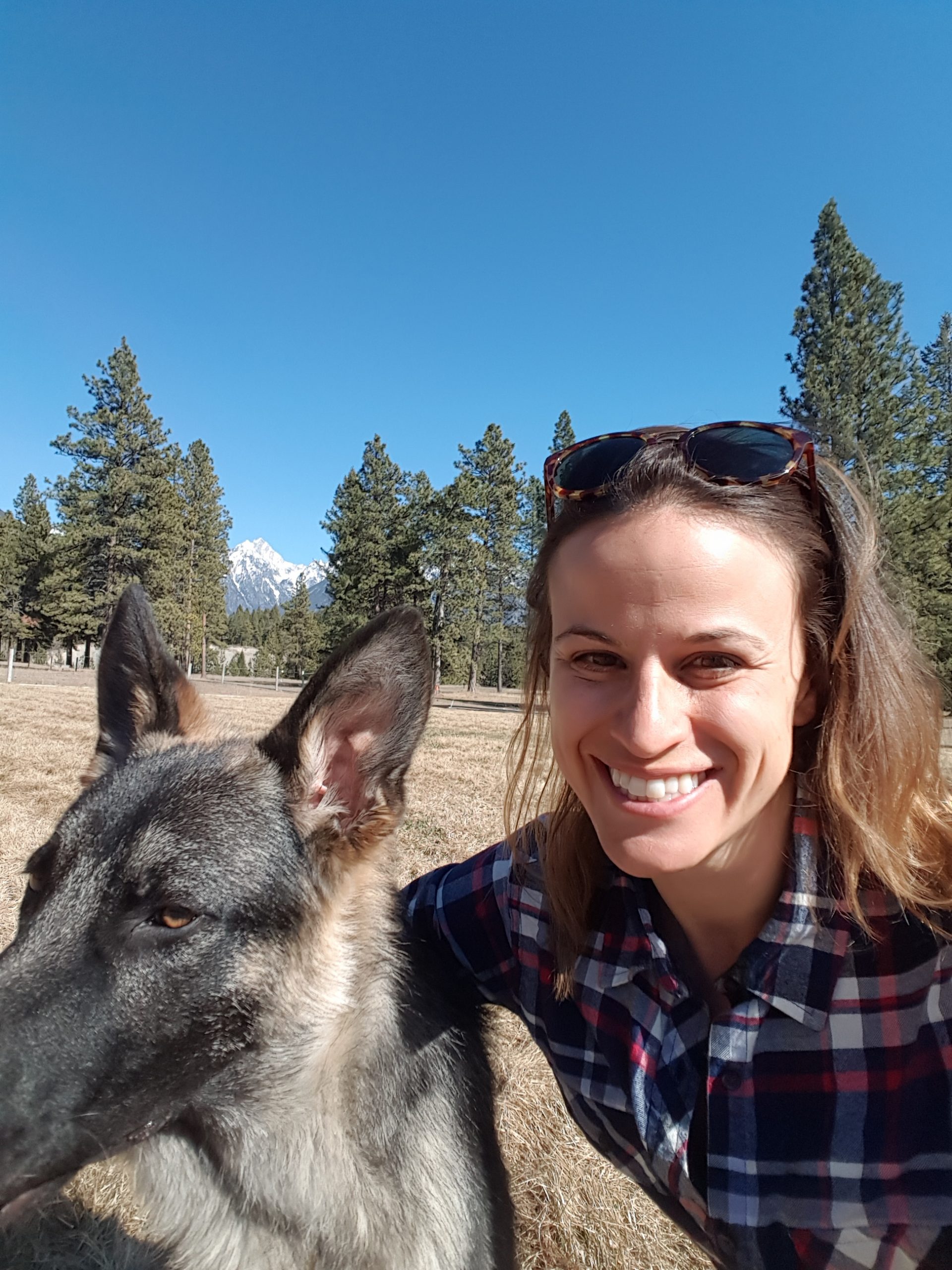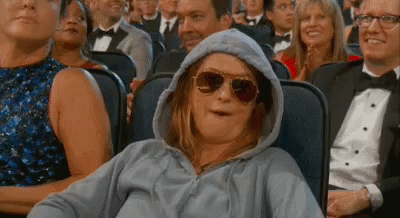Podcasts in Higher Education
Changing Spaces of Reading and Writing
For this final presentation, I wanted to explore the role of podcasting in higher education. Look at the growth opportunities, the current podcast uses and how it has evolved into a social phenomenon for informal learning.
The method of delivery for this project is a podcast. I had the pleasure of interviewing Dr. Joel Heng Hartse of Simon Fraser University in B.C. He is a second language writing specialist who teaches writing, applied linguistics and education. The interview took place on July 30, 2020.


The podcast interview has been edited for time to fit the restrictions of this assignment. There is an emphasis on dialogue and the free exchange of ideas to maintain the essence of podcasts. At first, I recorded little interjections and sound bites throughout the interview to link to research and provided some reflections.
In my opinion, the interruptions took away from the overall flow of the conversation. I looked at this as a teacher interrupting a student’s presentation to provide their thoughts. I do not believe that approach would be useful when implementing podcasts into education. Therefore, I chose to remove most of my questions and interjections from the project and instead included show notes below for additional information and research links. I hope you understand the value of this choice, and please enjoy the podcast without interruptions.
Conversational podcasts should not be scripted. The relaxed nature of the dialogue is one of the appeals to listeners. In the article by Bowie (2012), it discusses that show notes serve three primary purposes.
1. Offers a summary of the show content – either to persuade someone to listen, or to remind a previous listener what was covered.
2. To provide links to resources, people or products that were mentioned. You cannot link within the show itself, so you offer the links on the show notes.
3. To attract new listeners through search traffic.
Please click on the link to listen to the podcast, and you are welcome to follow along with the included show notes.

Show Notes
00:04 – Introduction to podcasts
Background information on podcasts, the history and the current statistics of listeners from 2019 (Chester, 2018; O’Connell, 2017; Winn, 2020).
01:04 – Kristin introduces Joel Heng Hartse
Dr. Joel Heng Hartse produces his podcast called LanguageU that is used for professional purposes on the topic of language and education.
02:05 – Why podcasts as a method of delivery?
Joel discusses the value of podcasts as a method of informal discussion to provide immediate answers to questions of interest. Free thinking conversations can lead to valuable points in future academic papers.
03:56 – Community building and active listeners are participants in the conversation
This point is supported through Harter (2019) as podcasts are embodied and engaged scholarship of learning. The students have a sense of ownership of the material when immersed in the experience. They are making meaning about the topic.
05:01 – Might not want to create a podcast for students on how to write a paper
Podcasts are used to discuss topics that do not happen as often because they are a niche discussion that usually takes place in smaller circles that now get to be shared globally. Joel discusses the reasons why he would not want to introduce podcasts as more of a lecture format. He worries that podcasts will become more of a series of sound bytes and less of a conversation. This view opposed some articles that promoted teacher-centred created podcasts (Sprague & Pixley, 2008; Burns, 2010; O’Connell, 2017).
5:20 – Stephanie Bell (2019), published an article about learner-created podcasts
The article discusses podcast space where students are “afforded resources to achieve agency because they are positioned as authors making their own design decisions in the context of a public-facing text with life beyond assessment” (Bell, 2019, p. 52). The conversation links to the idea that learner-created podcasts would be an aspect of value informal educational contexts.
06:22 – Amy Poehler GIF from the movie Mean Girls (2004)
The analogy to teachers when they attempt to connect to their students by creating a project that they believe is “cool.”


This speculates how podcasts might be viewed in the future if not used in the correct context.
06:54 – Informal projects can still have rigorous guidelines
Teachers must recognize the conventions of podcasts to assess the project’s merit accurately. Podcasts are easily misinterpreted as just sound files or recorded text without any storytelling or conversational elements. Joel discusses how teacher candidates in the past at UBC have confused the term podcast and missed the mark with their assignments.
08:06 – Conventions of a podcast
Numerous blog posts provide tips for creating your first podcast. Each post states you need to have an introduction that greets the audience. This is one convention of the genre.
08:30 – The debate on what is literacy?
The idea of literacy can be about active listening skills and the ability to interpret and discuss instructions. Will books be pushed out in the future to move towards more sound files? In my speculative futures assignment, I presented the idea that more focus will be to implement podcasts into the course work to listen to at home and discuss in the classroom. The flipped classroom with audio and not video allows students to learn on the go. Joel sees the value of listening for meaning, but informal polls of his university students show that they still prefer hand-held booked to learn.
09:26 – The future of podcasts in education?
This question arose because of the discussion itself. Joel does not feel the informal nature will not transition well into formal classrooms. This contradicts the empirical study that students will eagerly adopt podcasts in higher education (Merhi, 2015). It is enlightening to hear opposing views.
10:25 – The eagerness to implement technology in the classroom
Teachers sometimes attempt to use technology that is primarily used in social media to connect to students. This point relates to the “cool” projects comment and how teacher adoption of the method may change the student’s view on podcasts entirely.
10:59 – Closing remarks and credits
I have included the interview in its entirety at the bottom of the blog post for anyone interested in listening further to Dr. Joel Heng Hertse and how podcasts in their current context should not be a substitute for lessons or classroom teaching.
References
Bell, S. (2019). Learner-Created Podcasts: Fostering Information Literacies in a Writing Course. Canadian Journal for Studies in Discourse and Writing/Rédactologie, 29, 51-63. https://doi.org/10.31468/cjsdwr.747
Bowie, J. (2012). Sound usability?: Usability heuristics and guidelines for user-centered podcasts. Communication Design Quarterly Review, 13(2), 15-24. doi:10.1145/2424840.2424841
Burns, J. E. (2010). The Past, Present, and Future of Podcasting. In Dumova, T., & Fiordo, R. (Eds.), Handbook of Research on Social Interaction Technologies and Collaboration Software: Concepts and Trends (pp. 56-66). IGI Global. http://doi:10.4018/978-1-60566-368-5.ch006
Chester, A. (2018). Podcasting. In B. Warf (Ed.), The SAGE Encyclopedia of the internet (pp. 708-711). Thousand Oaks,, CA: SAGE Publications, Inc. doi: 10.4135/9781473960367.n207
Harter, L. M. (2019). Storytelling in acoustic spaces: Podcasting as embodied and engaged scholarship. Health Communication, 34(1), 125-129. doi:10.1080/10410236.2018.1517549
Merhi, M. I. (2015). Factors influencing higher education students to adopt podcast: An empirical study. Computers and Education, 83, 32-43. doi:10.1016/j.compedu.2014.12.014
O’Connell, M. (2017). Turn up the volume: A down and dirty guide to podcasting (1st ed.). London: Routledge Ltd. doi:10.4324/9781315438764
Sprague, D., & Pixley, C. (2008). Podcasts in education: Let their voices be heard. Computers in the Schools: A Special Issue on Web 2.0 in Education, 25(3-4), 226-234. doi:10.1080/07380560802368132
Winn, R. (2020, April 21). 2020 Podcast Stats & Facts (New Research From Apr 2020). Podcast Insights. https://www.podcastinsights.com/podcast-statistics/

Extended Podcast Interview
